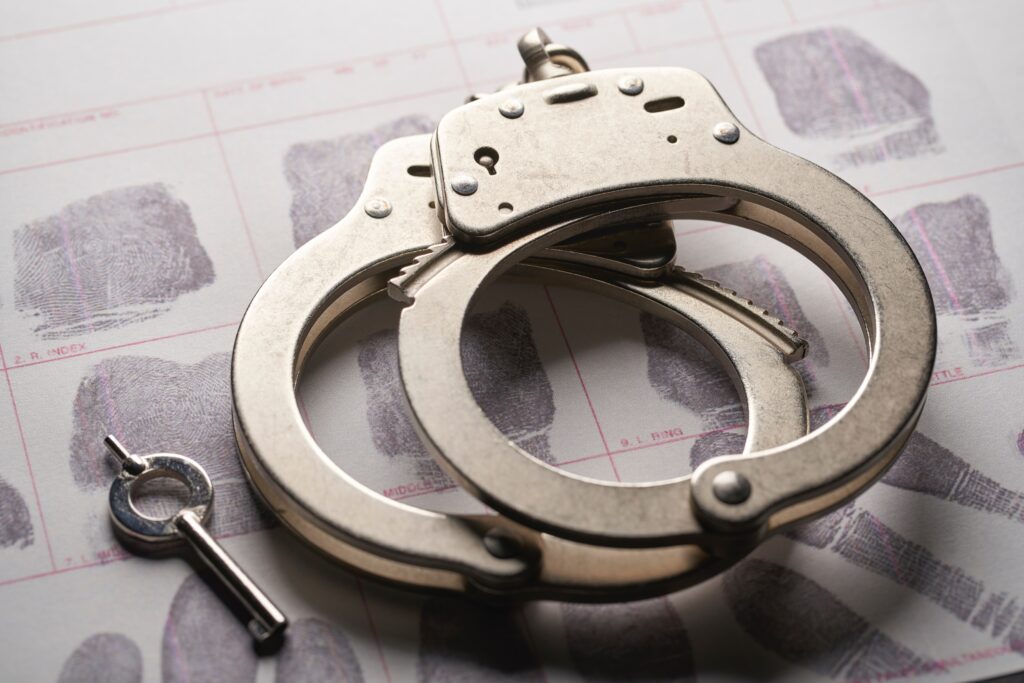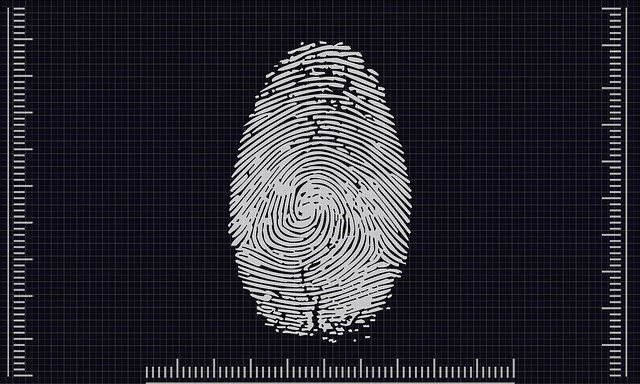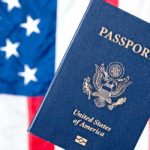Why are innocent people convicted?
A shocking number of innocent people are convicted and jailed. The reasons for this are many, and there are legal organizations and individual attorneys that work hard every day to prove innocent people are in jail and must be released.

What is exoneration? It means “to overturn a wrongful conviction.”
Exoneration is defined as an official action of absolving (releasing or freeing) someone of a previous determination of guilt (conviction). Exoneration is not a pardon or an expungement. An exoneration is an official legal determination that a convicted person is innocent. It is not an act of forgiveness or leniency but a finding of innocence. For a criminal defense lawyer, overturning wrongful convictions is the pinnacle of their career achievements.
A person convicted of a crime can appeal a conviction and might get a case dismissed on technical grounds, such as an unconstitutional search, even when their guilt is obvious. A case dismissed on a technicality is not an exoneration. For instance, suppose someone was convicted based on evidence planted by the police. They would be “exonerated” if it was later proven they were innocent and the court overturned the wrongful conviction.
How can an innocent person be convicted of something they didn’t do?
In most cases, a prosecutor does not know whether a person is innocent or guilty from their personal knowledge. Evidence is generally not crystal clear, and juries must make their best guess at a person’s guilt. In far too many cases, they get it wrong, and innocent people are wrongfully convicted. The following are some of the most common ways innocent people get convicted. A criminal defense appellate lawyer’s focus is to overturn a wrongful conviction.
False Confession
Innocent people sometimes falsely confess and are wrongfully convicted. The primary reason people falsely confess is that a police interrogation can be so physically and mentally withering and lengthy that the exhausted suspect will do almost anything to get it to stop. Furthermore, police will lie and tell a suspect that if they make an admission, they can go home, they won’t be prosecuted, or it will be better for them. Shockingly, false confessions are relatively common.
Inaccurate Eyewitness Identification
Eyewitness evidence may sound like a slam dunk for the prosecutor, but the fact is eyewitness evidence has been proven unreliable. Tests have been conducted over the years, consistently establishing that eyewitness evidence is unreliable and often inaccurate. If an eyewitness later recants their testimony and admits they were mistaken or untruthful, it is possible to use that new evidence to overturn a wrongful conviction.
Faulty Forensic Evidence
Forensic evidence means scientific evidence in criminal cases. Such evidence includes DNA, fingerprints, accident reconstruction, firearms ballistic tests, etc. Developments over the past two decades regarding DNA evidence have led to its being the “gold standard” of evidence, with the chances of it being inaccurate in the billions-to-one ratios. Many older cases prosecuted with DNA have resulted in exonerations after updated DNA tests proved the evidence at trial was inaccurate, and the wrongful conviction was overturned. There have been multiple instances of police scientists and laboratory employees falsifying evidence and test results in Michigan. Judges may overturn a wrongful conviction based on credible proof of police misconduct.
Fingerprint cases have been problematic. In some recent exonerations, it has come out that a defense attorney did not bother to have a fingerprint expert examine the prints or did not challenge the state’s expert. The government used the unchallenged print evidence against the defendant in these cases. Exoneration would require a modern examination by an unbiased fingerprint expert. A new, credible expert evaluation can lead to the exoneration of wrongfully convicted people.
Substandard Attorney Performance
There have also been many instances of police scientists and experts falsifying forensic or scientific evidence. Cases of falsified or erroneous breath test records, DNA analysis, fingerprint evidence, and more have been discovered. People get “sold down the river” daily by disreputable, lazy, or incompetent defense attorneys manipulating innocent clients to plead guilty. Individuals also get convicted when their attorney misses an important issue or lacks knowledge of certain defense strategies. Unfortunately, having an ineffective attorney will seldom result in an exoneration. Courts are extremely reluctant to overturn a wrongful conviction based on ineffective assistance of counsel. It is critical to hire a good lawyer and not get sold out by the lowest bidder because it is difficult to overturn a conviction.
Official Misconduct
Misconduct by prosecutors and police is another common reason for improper convictions that later result in an exoneration. Prosecutorial misconduct occurs when a prosecutor or police officer withholds critical evidence favoring a defendant. The government violates the Constitution’s Due Process Clause if it withholds favorable evidence from the defense.
The rule is that if a prosecutor or the police abused their authority to the extent that it contributed to the defendant’s conviction, the verdict could not stand, and the case would either be dismissed or re-tried. According to the national watchdog organization, the National Registry of Exonerations, in 2019, official misconduct constituted 65% of all exonerations and 75% of murder conviction exonerations. So, official misconduct is almost common, especially since not all official misconduct is exposed.

Is anything being done to prevent wrongful convictions and promote exoneration investigations?
Several organizations, individual lawyers, and law firms have taken up this cause and tirelessly work to overturn wrongful convictions. Organizations such as the Innocence Project and the Innocence Network, which has 56 branches in 46 states, have produced startling results. This non-profit legal group is solely dedicated to the exoneration of innocent convicts. Since 1989, more than 2,684 exonerations have been obtained, with the time in jail served by the innocent convicts amounting to a staggering 24,150 years of life lost to wrongful imprisonments.
Some state prosecutor’s offices have instituted “Conviction Integrity Units,” whose job it is to examine the potential wrongfulness of certain convictions. This review is typically focused on whether there is new evidence (not admitted at trial), which establishes clear and convincing evidence that the convicted defendant is, in fact, innocent. They also look for convictions that likely resulted from government misconduct.

LEWIS & DICKSTEIN, P.L.L.C., a Law Firm Committed to Assisting Wrongfully Convicted Clients
At LEWIS & DICKSTEIN, P.L.L.C., we never believe there is no hope for our clients. Our “never say die” philosophy has often led to relief from judgments in post-conviction actions that other lawyers may have considered hopeless. We are an independent firm standing ready to examine cases and potentially expose wrongful convictions.
If you know someone you feel was wrongfully convicted, and you have the resources to hire private legal counsel, give us a call. We will examine the case and see if anything can be done.
Call us today at (248) 263-6800 for a free consultation or complete an online Request for Assistance Form. We will contact you promptly and find a way to help you.














